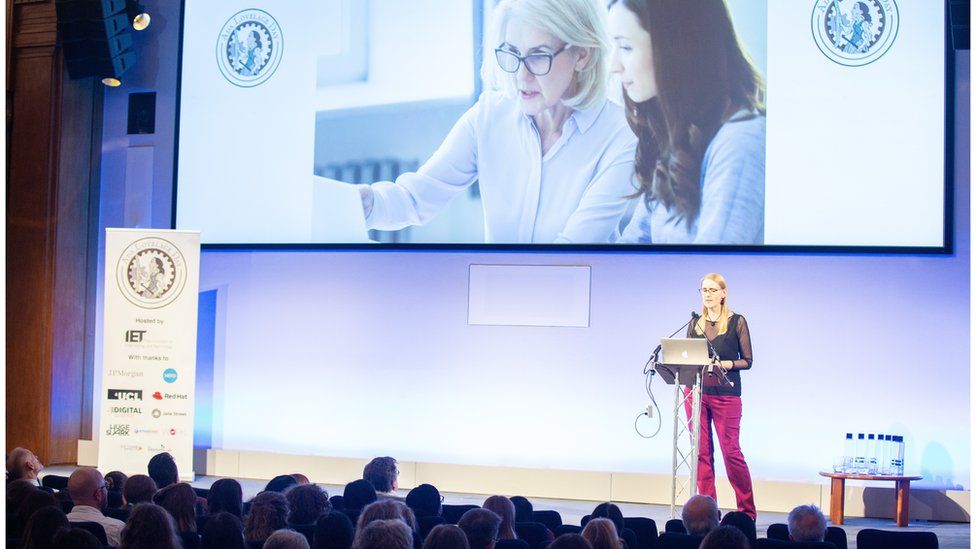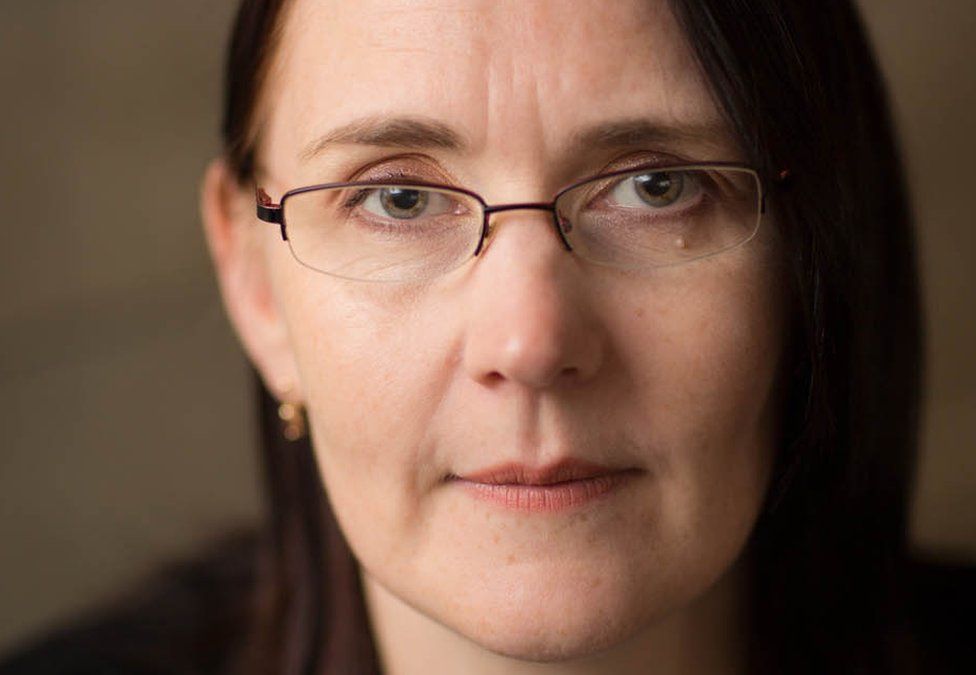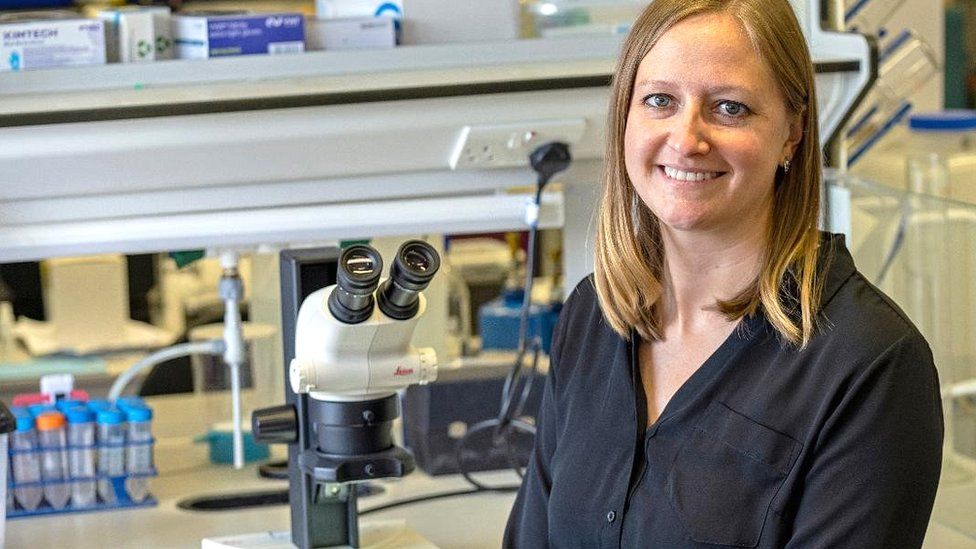Celebration of women in science and tech ending

The organisers of Ada Lovelace Day (ALD), an international celebration of women in science, technology, engineering and maths (STEM), say today’s event will be the last.
They blame a lack of money from corporate sponsors.
They also say they there’s a mistaken notion that gender inequality in STEM has been fixed.
Chemical engineer Yasmin Ali, a previous participant, said she was “heartbroken”.
Ms Ali, who works in the energy industry, gave a talk at the Royal Institution, London, in 2015, as part of ALD – an experience she described as “incredible”.
“Since then I’ve done quite a few things for television documentaries”, she said.
“I’m now writing a book that’s been picked up by a publisher about the energy sector. It definitely increased my confidence.”

‘Women struggling to fulfil their ambitions’
Suw Charman-Anderson founded ALD in 2009, and said what had started with a “day of blogging” had since become a “truly global event” with events in dozens of countries.
She told the BBC the reason it was now coming to an end was “incredibly simple – we just couldn’t raise the funding to continue”.
Mrs Charman-Anderson said there were a number of reasons why companies were cutting back on marketing and corporate social responsibility budgets, such as Brexit, the pandemic and the energy crisis.
She also suggested there was a mistaken idea in boardrooms that the problem of the lack of women in tech had been fixed.
Ada Lovelace Day takes its name from the 19th Century mathematician, who is considered a pioneer of what we now call computer science.
Her contributions to the field were all the more remarkable, because they were made at a time when most women and girls were denied access to education.

Mrs Charman-Anderson said things had not progressed as much since then as people might have thought.
“Women are still struggling to fulfil their ambitions and engage with work and industries that they love because they’re being pushed out”, she said.
Little progress
According to data published by STEM Women – a company which organises networking and careers events – there has been little recent improvement in addressing gender inequality in the sector.
Figures which it has compiled indicate the number of women in the STEM workforce in the UK increased marginally between 2016 and 2019, from 21% to 24%.
It says data trend analysis suggests women will still hold under 30% of the jobs in the sector by the end of the decade.
In September the Apple boss, Tim Cook, told the BBC he was worried about the lack of women in tech and said there were “no good excuses” for it.
Mrs Charman-Anderson said the situation was damaging not just to women, but also UK companies and the wider economy.
“There’s a big body of evidence to say that companies with diverse leadership perform much better – so you’re leaving money on the table if you’re not looking at these issues. What’s lacking is the willpower – and the money.”
-
-
31 October 2013

-
-
-
30 December 2018

-

